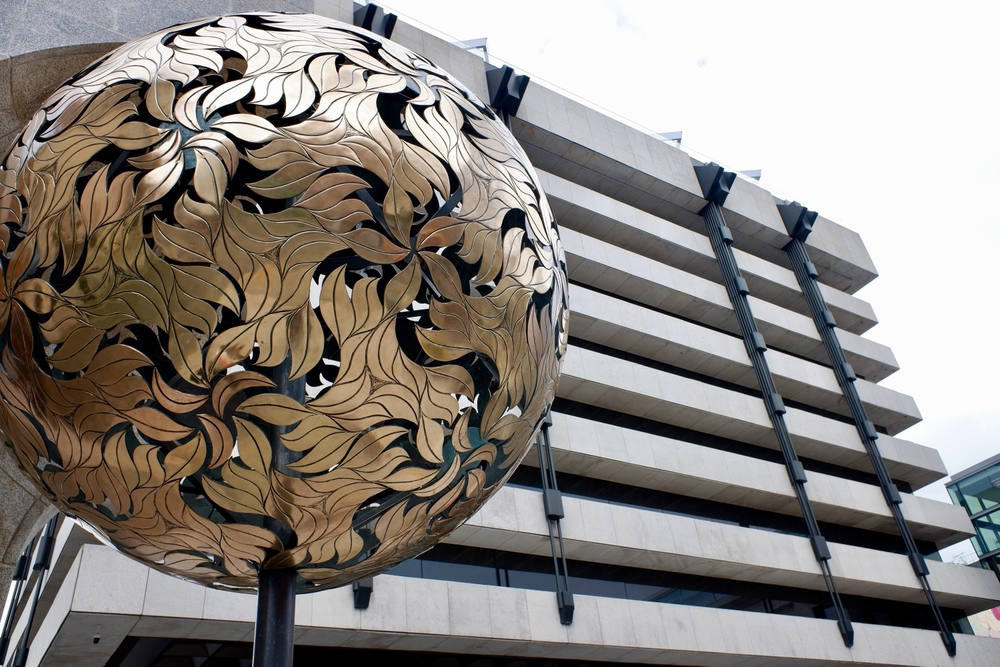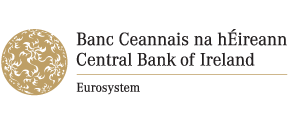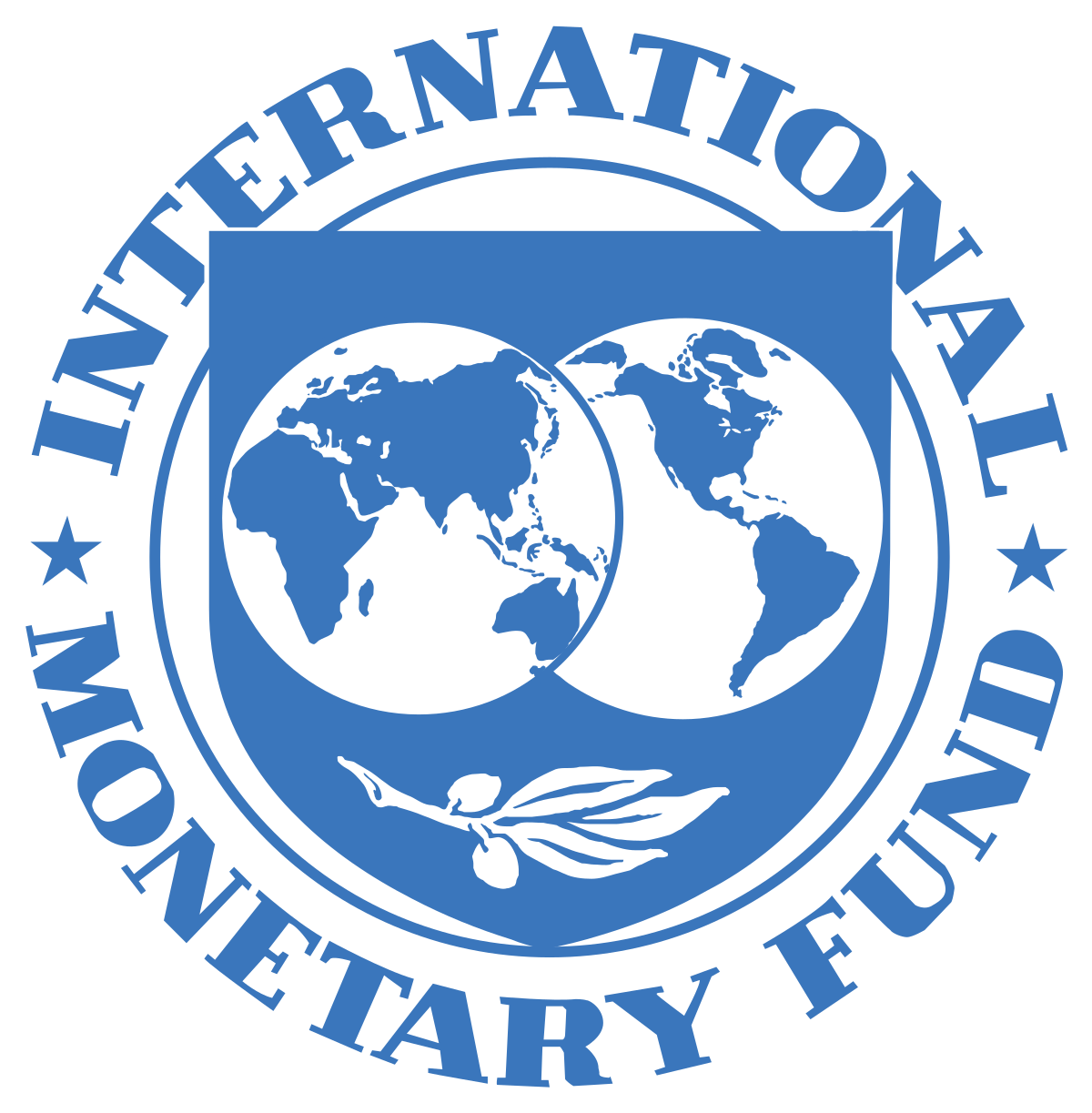The Central Bank of Ireland (CBI) has called on asset managers to improve their oversight and reporting of ETF market makers and authorised participants (APs) after it found “very little evidence” that risks arising from the activities of these key industry players are being monitored appropriately.
The CBI this week sent a “Dear Chair” letter to the heads of asset management companies that domicile ETFs in Ireland instructing them to review their reporting of the activities of market makers and APs, that are essential to the smooth working of the ETF industry across Europe.
Four main areas of concern were highlighted by the CBI following a review which began in 2023. The letter by the regulator noted that due diligence, ongoing monitoring and board oversight of ETF market makers and APs by asset managers all required improvements.
Most ETF providers had not provided evidence of “appropriate levels of due diligence” being performed on market makers and APs. The CBI also found that a “significant number” of asset managers did not have formal policies and procedures in place to assess these counterparties.
Ongoing monitoring of market makers and APs was found to be insufficient among the majority of ETF managers and the regulator also noted there was very limited evidence of risk monitoring or stress testing.
Boards of asset managers receive only “minimal” specific reports regarding ETF market makers and APs, according to the CBI. This increases the likelihood that asset manager’s boards are unaware if risks are building inside their ETF units.
The regulator also warned the concentration of ETF creation and redemption activity among a small number of market makers and APs could pose risks to pricing and liquidity and even for investor access to ETF trading if disruptions were to arise in the market.
A concern among regulators is that market makers and APs could step away from providing liquidity to ETF trading in periods of high stress which might then create or amplify negative effects in equity or bond markets.
Another concern is that end investors could be forced to pay more if ETF price discovery and formation processes are negatively affected by asset managers restricting their interactions to just a small number of market makers and APs.
Brian Higgins, partner at law firm Dillon Eustace, said: “From the CBI’s perspective, ETF sponsors are not adequately documenting and reporting their relationships with market makers and APs. The work done by market makers and APs can seem technical and operationally complex but the CBI is reminding fund board members that they must retain adequate oversight of these processes.”
Higgins said the CBI has not shared precise thresholds regarding the number of relationships that ETF sponsors should have with market makers and APs.
“The CBI wants ETF sponsors to use open architecture to promote competition and to avoid purely exclusive arrangements.
“Fund boards should also look at these arrangements on an ongoing basis and be ready to provide evidence that they are working appropriately,” he concluded.
In 2022, the International Monetary Fund (IMF) said the CBI should encourage ETF issuers to use a greater range of liquidity providers to ensure these relationships continued to function efficiently in periods of elevated market stress, such as during the early stages of the COVID-19 pandemic in 2020.
As a result, ETF issuers that report to the CBI have also now been instructed to ensure that they have a “sufficient number” of relationships in place with market makers and APs.
The CBI’s letter also instructed asset managers to ensure effective contingency plans were in place to address any circumstances where price arbitrage mechanisms between an ETF and its underlying constituents was impaired.
Some fixed income ETFs saw their prices move to record discounts compared with their net asset values (NAVs) in March 2020. This disruption raised questions in the minds of regulators over whether price arbitrage processes did operate appropriately or if improvements could be made to these mechanisms.





